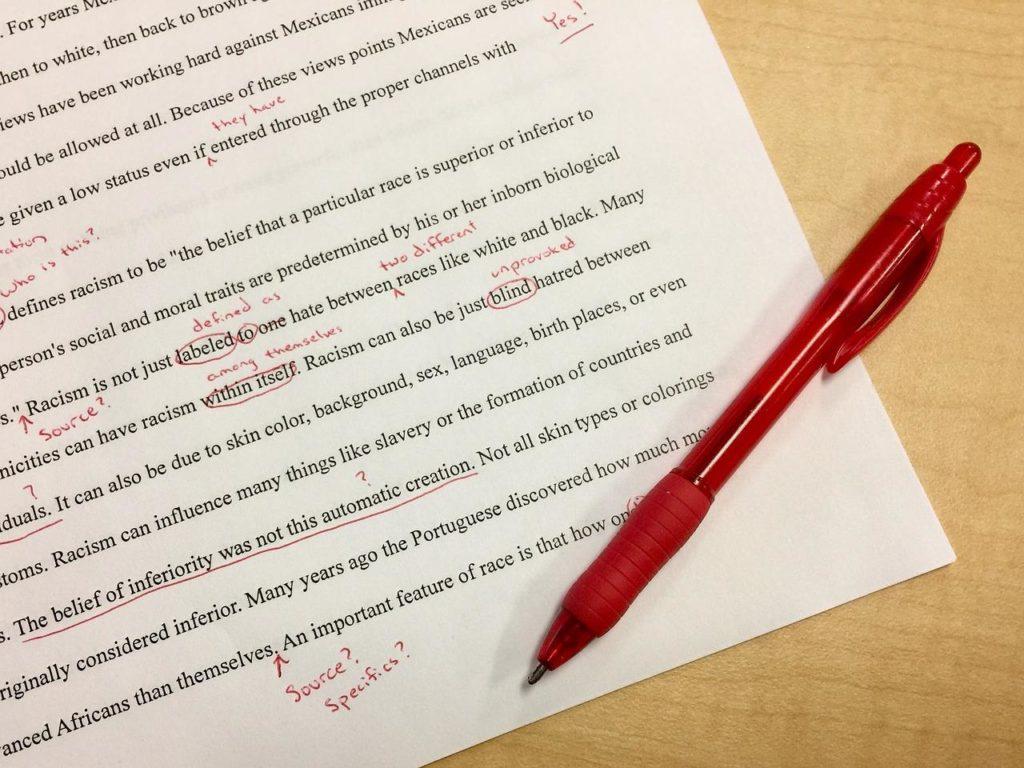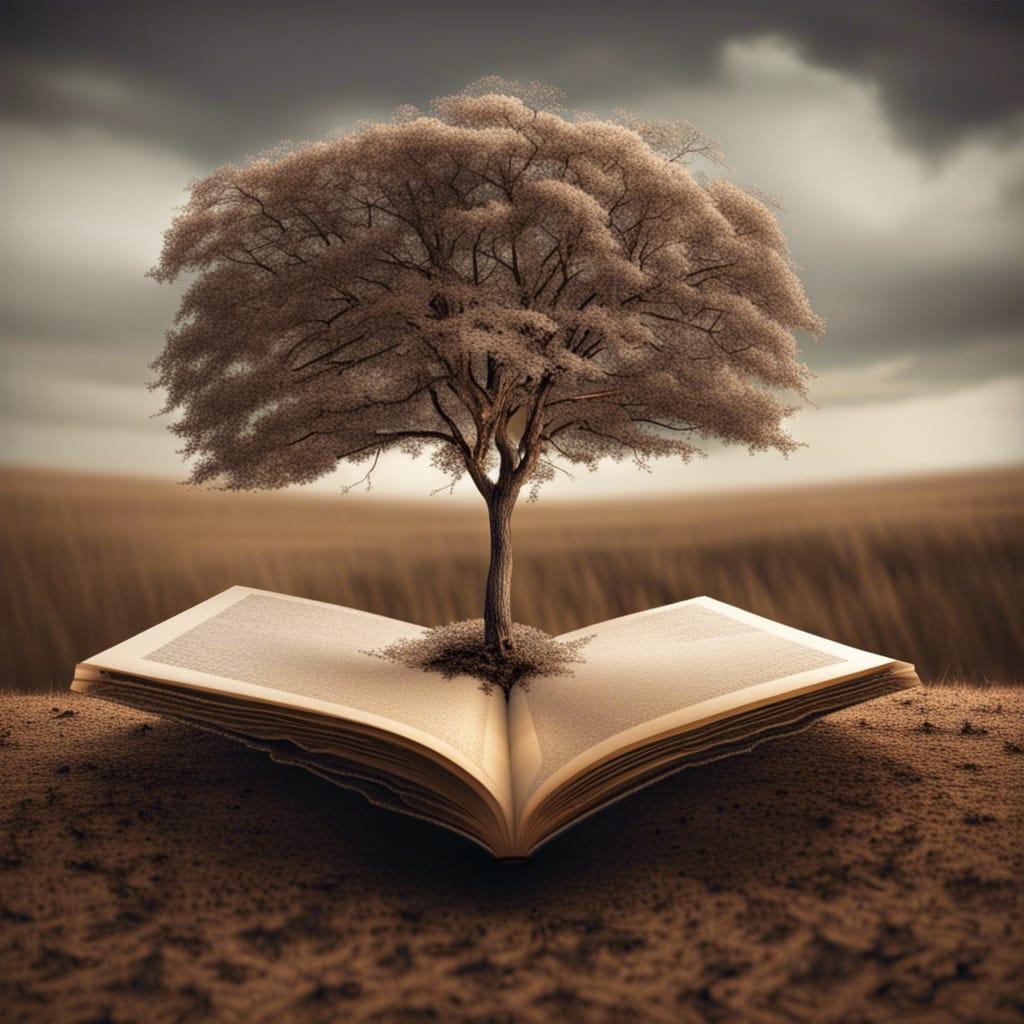Development Editor
The Role and Significance of a Development Editor in Crafting Remarkable Writing

Behind every exceptional piece of writing lies an unsung hero: the development editor. Often operating in the background, these skilled professionals are instrumental in shaping raw manuscripts into polished literary gems. This web page delves into the indispensable role of a development editor and highlights why their expertise is a crucial asset for any writer seeking excellence.
Definition
A development editor is like an architect who takes the blueprint of your story and transforms it into a well-structured masterpiece. They work closely with authors to enhance the overall structure, plot, character development, and thematic elements of a manuscript.
1. Elevating Story Structure
An experienced development editor brings a keen eye for story structure. They identify pacing issues, plot holes, and inconsistencies, ensuring that the narrative flows seamlessly from beginning to end. By refining the story’s arc, they elevate its impact on readers.
2. Nurturing Character Depth
Characters are the heart of any story. A development editor delves into character motivations, relationships, and arcs, ensuring that they resonate authentically with readers. Through insightful feedback, they help writers create three-dimensional characters that leave a lasting impression.
3. Fostering Theme and Message
Themes add depth and meaning to a story. A development editor helps authors unearth underlying themes and ensures they are woven seamlessly throughout the narrative. This guidance ensures that the story’s message is conveyed effectively to the audience.
4. Clarifying Voice and Style
Every writer has a unique voice, and a development editor respects this individuality. They work to enhance the author’s writing style, making suggestions that align with the tone and mood of the story while preserving the author’s distinct voice.
5. Bridging the Author-Reader Gap
A development editor serves as a bridge between the author’s intentions and the reader’s experience. They offer a fresh perspective, highlighting areas that might be unclear or need further elaboration. This collaboration results in a story that resonates universally.
6. Encouraging Growth
Writers often grow through constructive critique. A development editor provides thoughtful feedback that challenges authors to push their creative boundaries. This process encourages personal and artistic growth, leading to stronger writing skills.
7. Tailored Guidance
No two manuscripts are the same, and a skilled development editor tailors their guidance to match the unique needs of each project. Whether it’s an epic fantasy or a poignant romance, they provide customized insights that enhance the story’s impact.
8. Elevating Writing to Excellence
Ultimately, a development editor’s contribution elevates a manuscript from good to exceptional. They work diligently to make every element of the story shine, ensuring that readers are captivated, moved, and transformed by the words on the page.
A development editor is a writer’s ally, guiding them toward their best work while preserving their creative vision. Their expertise in story structure, character development, themes, and style transforms manuscripts into literary triumphs. Embracing their input is a testament to a writer’s commitment to producing work that resonates deeply and stands the test of time.
